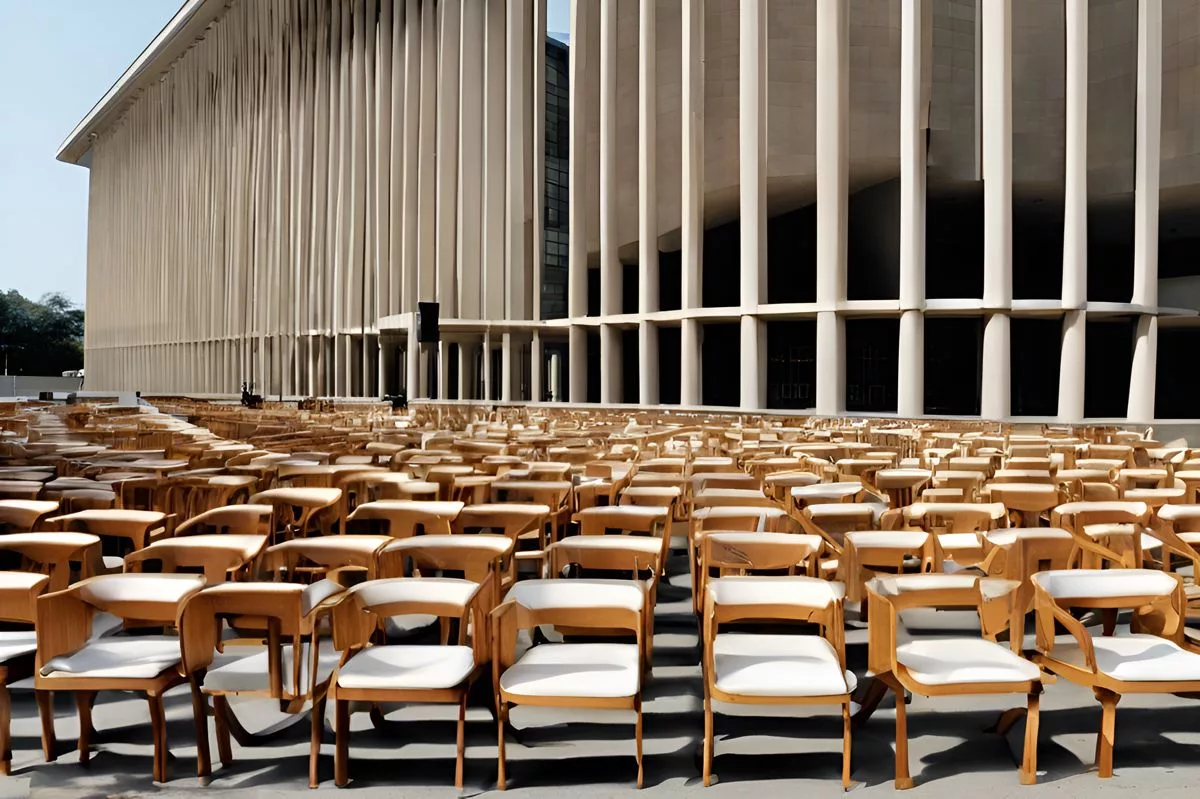In 2024, South Africa’s social support system is facing tough challenges. Long lines at SASSA offices show the struggle many people face to get help, made worse by limited money for grants and a gap in access to online services, especially for the elderly. While some regions like the Western Cape are trying new ideas to improve service, like using digital tools and engaging citizens, many still rely on traditional methods. This situation reflects a bigger story of the country working hard to support its most vulnerable people, aiming for a brighter future where everyone can thrive.
What are the main challenges facing South Africa’s social support system in 2024?
South Africa’s social support system in 2024 faces several key challenges:
– Long queues at SASSA offices due to operational issues.
– Limited financial resources affecting grant increases.
– A digital divide hindering access to online services for vulnerable populations.
– Regional disparities in service provision and innovation efforts.
A Nation at a Crossroads
As 2024 unfolds, South Africa finds itself navigating a critical moment in its socio-economic journey. At the center of this intricate scenario is the South African Social Security Agency (SASSA), which plays a pivotal role in supporting the nation’s vulnerable populations. The agency faces significant hurdles, with long queues forming at SASSA offices in various provinces, symbolizing the deep-seated operational and systemic issues it must overcome. These challenges stem from a complex interplay of technological limitations and the harsh socio-economic realities confronting millions of citizens.
The modest increase in social grants has emerged as a crucial element in this unfolding narrative. Recently, an increment of R10 was announced for old age, disability, and childcare dependency grants. However, this financial adjustment does not apply to child support and social relief distress (SRD) grants, which will remain unchanged until April 2025. This selective increase highlights the government’s delicate balancing act, as it grapples with constrained financial resources while striving to meet the growing needs of the public.
Currently, over 20 million South Africans rely on these grants for their essential daily needs. The queues at SASSA offices have become a stark representation of broader systemic stresses. Yet, there is a clear disparity in how different regions manage these challenges. The Western Cape, for instance, has taken a proactive stance, seeking comprehensive strategies to alleviate the burden on its residents. The provincial government is actively working with SASSA to enhance disaster planning, improve queue management, and address communication barriers.
Embracing Digital Solutions Amidst Challenges
One promising avenue for addressing the persistent queue issues involves SASSA’s shift towards online services. The agency has encouraged beneficiaries to use its digital portal, which aims to streamline applications and inquiries. While the platform offers efficiency, a significant portion of the population, especially the elderly, remains disconnected from these digital solutions. This digital divide highlights the necessity for tech-savvy younger individuals to assist older generations in navigating the online systems. Recognizing this gap, the Western Cape government has advocated for better communication about the portal’s capabilities, hoping to ease physical congestion at service points.
In addition to digital initiatives, the Western Cape has launched the ‘First Thursdays’ program, allowing citizens to engage directly with high-ranking officials. This initiative signifies a deliberate move towards participatory governance, where public input helps shape service delivery. These efforts are complemented by SASSA’s attempts to address accommodation constraints by exploring opportunities to establish more branches in key areas, thus improving access to critical services.
In the broader context of South Africa’s socio-political environment, SASSA’s challenges reveal deeper structural issues. The agency’s role extends beyond merely disbursing funds, touching on significant themes of governance, public trust, and social equity. The recent efforts in the Western Cape to integrate disaster management strategies further underline the complex interactions between environmental factors and social welfare. Collaborations between the Department of Social Development and the City of Cape Town aim to bolster resilience against increasingly frequent extreme weather events linked to climate change.
Looking Ahead: Future Planning and Social Stability
SASSA’s payment schedule, extending into 2025, provides a glimpse into the future of social welfare distribution. Beneficiaries receive reminders about potential payment delays, emphasizing the complex nature of managing substantial financial transactions across a diverse nation. Each payment cycle underscores the agency’s dedication to its mission, despite the multifaceted challenges it faces.
The narrative of SASSA in 2024 transcends a simple story of financial aid; it reflects the nation’s ongoing quest for socio-economic stability. The agency’s efforts, from digital innovations to grassroots engagement, mirror the broader desires of a country striving to uplift its marginalized communities. As South Africa maneuvers through this landscape, the lessons learned from SASSA’s endeavors could inform future policies and practices in social governance.
In essence, SASSA’s current trajectory offers a microcosm of South African society, where historical legacies, contemporary demands, and future aspirations intersect. The push to improve service delivery, bridge digital gaps, and engage citizens in meaningful dialogue represents steps towards a more equitable and resilient social support system. As the story of 2024 continues to unfold, there is hope that these initiatives will lay the groundwork for a more inclusive and responsive framework, ensuring that no South African is left behind in the pursuit of progress and prosperity.
FAQ: South Africa’s Social Support System in 2024
What are the main challenges facing South Africa’s social support system in 2024?
The South African social support system is grappling with several significant challenges:
– Long queues at SASSA offices due to operational inefficiencies.
– Limited financial resources impacting the ability to increase grants.
– A digital divide that restricts access to online services, particularly for the elderly.
– Regional disparities in service provision and innovation efforts.
How is SASSA addressing the long queues at their offices?
SASSA is taking steps to alleviate the long queues by encouraging beneficiaries to utilize their digital portal for applications and inquiries. Additionally, regions like the Western Cape are exploring better queue management strategies and enhancing communication about service availability to reduce congestion at service points.
What financial adjustments have been made to social grants in 2024?
In 2024, a modest increase of R10 was announced for old age, disability, and childcare dependency grants. However, no changes were made to child support and social relief distress (SRD) grants, which will remain unchanged until April 2025. This selective increase reflects the government’s tight budget constraints amid rising public needs.
How is the digital divide affecting social support access for vulnerable populations?
The digital divide presents a significant challenge, especially for older individuals who may struggle to access online services. Many elderly beneficiaries remain disconnected from digital solutions, highlighting the need for younger, tech-savvy individuals to assist them. Efforts are underway in regions like the Western Cape to improve communication regarding online services to bridge this gap.
What initiatives are being implemented in the Western Cape to improve social support services?
The Western Cape has initiated various strategies to enhance social support services, including:
– Improved disaster planning and queue management in collaboration with SASSA.
– The ‘First Thursdays’ program, which allows citizens to engage directly with officials to provide feedback and input on service delivery.
– Exploring opportunities to establish more SASSA branches in key areas to improve access.
What does the future hold for South Africa’s social support system?
As SASSA navigates its payment schedule extending into 2025, it aims to enhance its service delivery amid ongoing challenges. The agency’s initiatives, such as digital innovations and community engagement, are crucial for fostering socio-economic stability and inclusivity. Moving forward, these efforts may inform future policies aimed at creating a more equitable and resilient social support framework for all South Africans.












